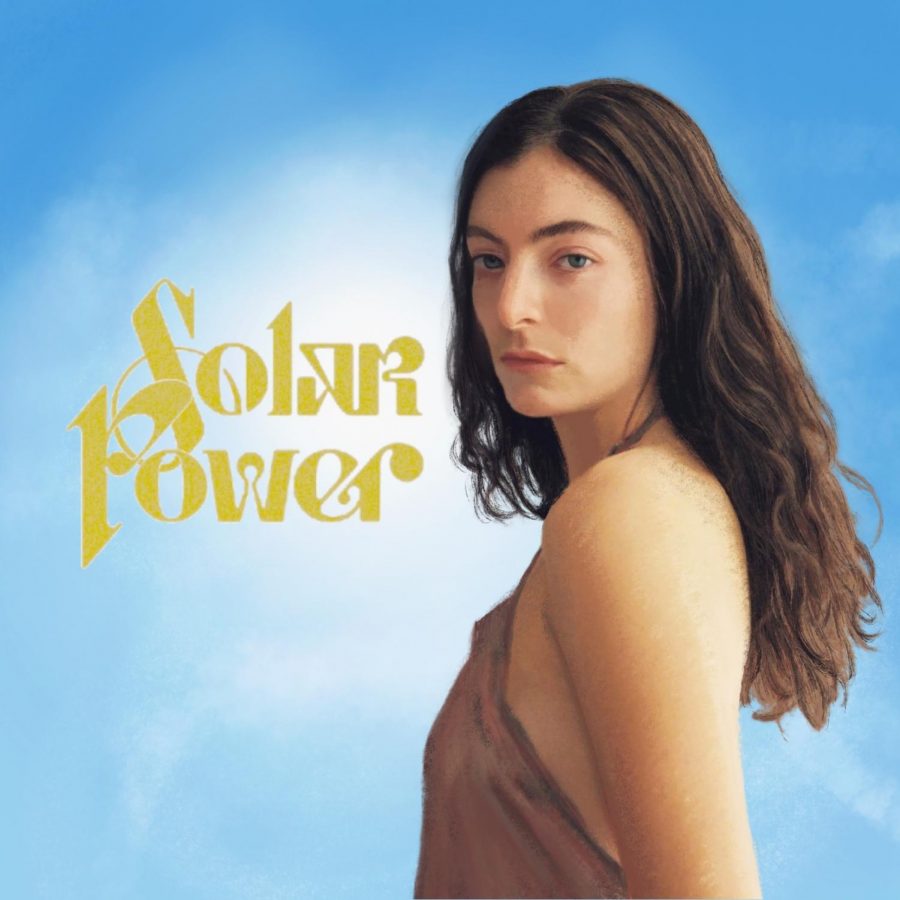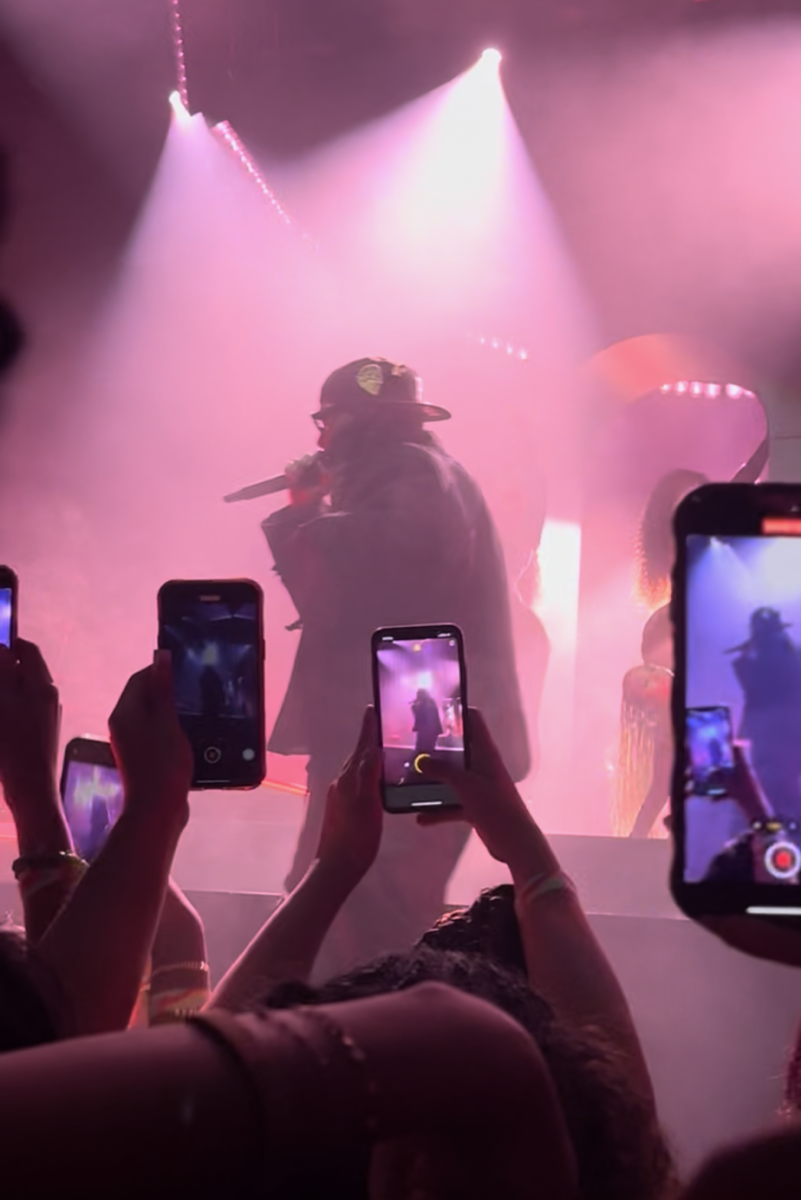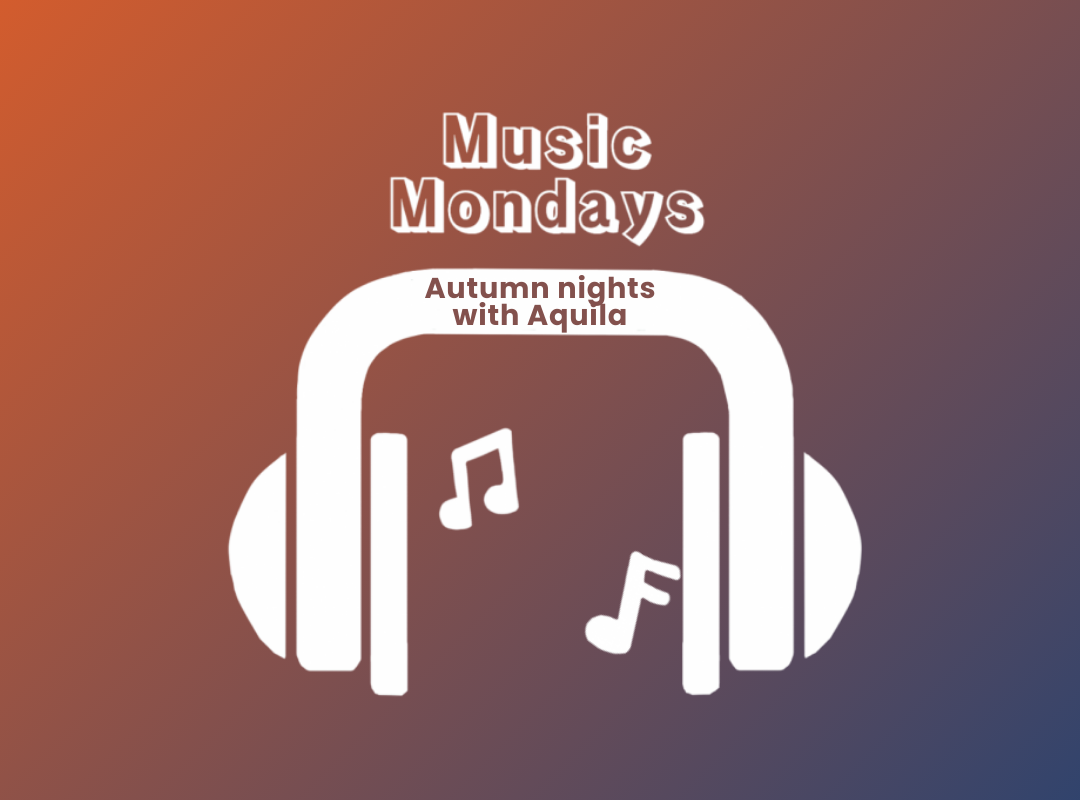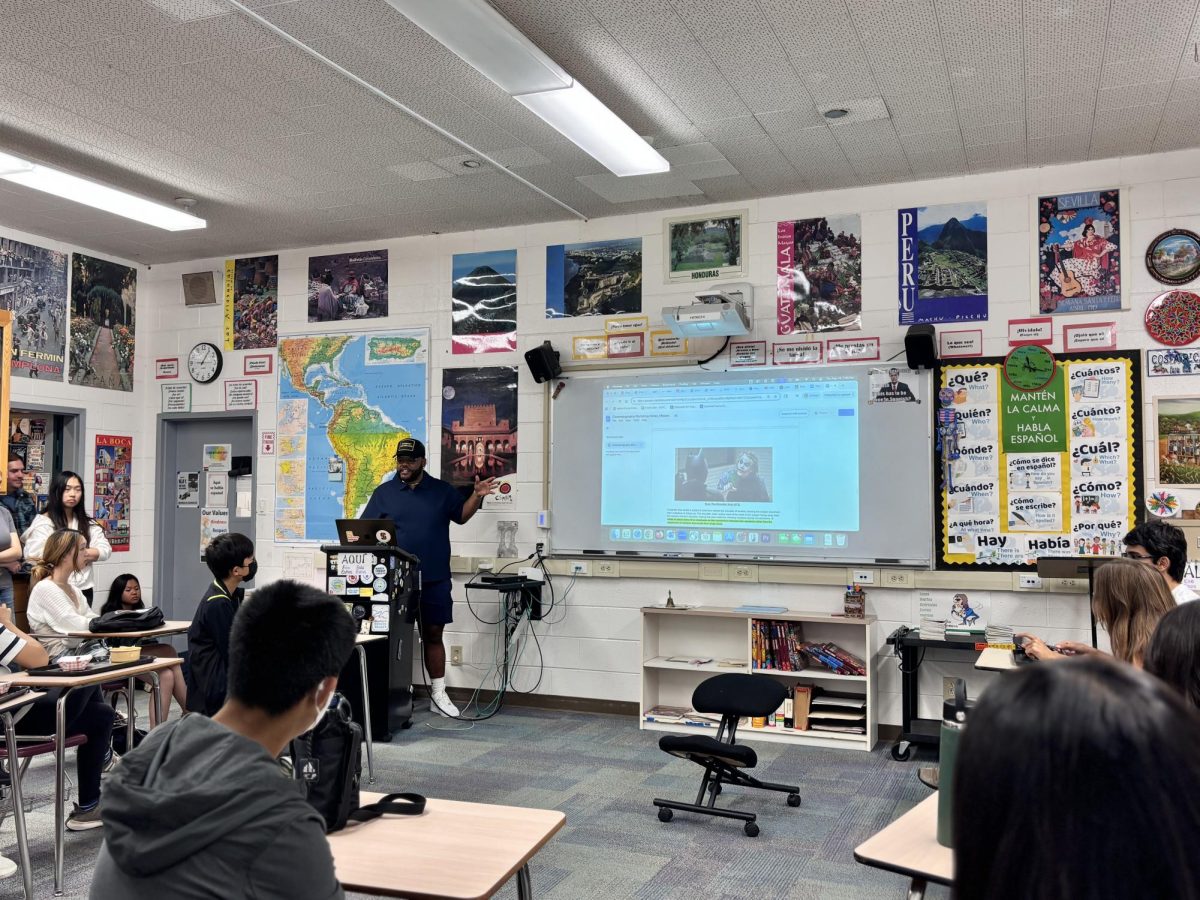In her newest album “Solar Power,” Lorde cradles the fallen fruit
An illustration of Lorde beside the title of her new album “Solar Power.” After it debuted on Aug. 20, at the beginning of September, the album reached No. 5 on Billboard’s 200 Albums Chart and No. 1 on Billboard’s Alternative Albums chart.
September 14, 2021
Fans held their breath. They spoke about the last album, “Melodrama,” four years old and still beating, slick with guttural choruses and hushed confessions. They posted daily about their anticipation to hold new songs. In the center of “Melodrama’s” album cover lays a girl, slipped between bed sheets, her body slathered in blue dusk. They waited for her to come out, to come back.
And there she was, on June 10, 24-year-old New Zealand singer-songwriter and two-time Grammy award winner Ella Marija Lani Yelich-O’Connor, known professionally as Lorde, coming back towards us in her music video, goddess-like and soft-limbed on warm beach sand, her lemon-tinted skirt fanning in the ocean’s breeze. The release of her carefree, mellow single, “Solar Power,” sparked a fresh sensory space for Lorde’s music-making: a space of openness, breath and tenderness towards the world as it is. And fans were drawn to this space—during the week of June 14, “Solar Power” reached No. 1 on the Top 10 Global Song Debuts on Spotify.
“I was like, ‘What’s something that’s captured the experience of being outside or feeling the sun and a certain kind of joy?”’ Lorde said in an interview with Apple Music. “[Solar Power] was featherlight. It’s just a song about being happy in the sunshine, which is kind of a crazy move for me.”
Lorde’s third album “Solar Power” debuted on Aug. 20, picking up the light, thin linen of the single, shaking out the fabric and holding it towards the sun, brimming with melodies that are odes to the beauty of the body, the beauty of the universe surrounding all of us and bringing us together. At the beginning of September, the album reached No. 5 on Billboard’s 200 Albums Chart and No. 1 on Billboard’s Alternative Albums chart, and the album is currently streaming on platforms including Apple Music, Spotify, Pandora and YouTube Music.
Lorde has taken us through her teenage growing pains in her first album, “Pure Heroine,” her sorrow, loneliness and heartache in her second album, “Melodrama.” Now comes the time when Lorde, immersed in the music industry since her mid-teens after the release of her debut single, “Royals” when she was just 16, takes us through how she has found her place in the world, rooting us in the wonder of the natural, the simple. “Solar Power” teaches us how to look deeply, how to listen, how to grow and love and care and see.
Lorde does not just tell us about the beauty of the world—she lets us feel it through the 12 songs of “Solar Power,” which feel sacred and gentle, like sitting in a forest and touching all the trees, their wet bark, the deep roots and warm soil.
Influenced by poets such as William Blake and rooted in the craft through her mother Sonja Yelich, who has published three poetry collections, Lorde creates beauty not just through her music but through the lyrical, heady words accompanying them.
Throughout “Solar Power,” Lorde kneels down to press her palms flat against the ground, becoming one with the earth. Mixing gentle tunes reminiscent of chirping with breathy lyrics and chords that are stretched out and lengthened, held out like a hand, Lorde honors and submits herself to the softness of her surroundings, arms open and unafraid.
“The Path,” the opening track of the album, is a dreamy ballad, opening with the humming sound of a flute, dampened guitar chords and Lorde’s breathless, almost ghost-like vocals, an entire meadow of feeling and light. She reintroduces herself in this song, speaking towards the growth that she has experienced since the release of “Melodrama” and “Pure Heroine.”
In “The Path,” Lorde sings of being both the “teen millionaire having nightmares from the camera flash,” subjected to the eye of the media after her breakthrough debut, and a young woman “alone on a windswept island,” learning to follow closely the path that the sunlight illuminates for her.
“Now, if you’re looking for a savior, well, that’s not me,” she sings in the chorus of “The Path.” Lorde emphasizes that she does not have all the answers, that we as humans are together in our unknowing. The only way we will be able to understand and live and learn how we can move and where we will go, she tells us, is through watching, listening to the world’s mysticism and light.
On Lorde’s Instagram bio, she writes, “THE THEMES ARE ALWAYS THE SAME – A RETURN TO INNOCENCE – THE MYSTERIES OF THE BLOOD – AN ITCH FOR THE TRANSCENDENTAL.” Maybe this is a reminder for both Lorde and ourselves what her music is leaning towards—childlike awe and wonder, the strangeness of prioritizing the beauty of the world.
“I’m just going to show you in and you can stay as long as you need to get familiar with the feeling,” she narrates, flight-attendant style, in “Secrets From a Girl (Who’s Seen It All),” the second track of the album, a smattering of care filling her voice as it softens. “And then when you’re ready, I’ll be outside, and we can go look at the sunrise by euphoria mixed with existential vertigo.”
In “Mood Ring,” Lorde satirizes the commodification of wellness and the materiality of self-care and the idea of a spa day, rooted in commercialized products like vitamins, crystals and mood rings. Participating in this type of culture can be suffocating to the point where you are unable to see yourself, to come close to yourself, to the point where self-care becomes simply materialism. Lorde cautions us by emphatically humming of a space, wallowing in shallow beauty, where your sense of self blurs.
“I can’t feel a thing; I keep looking at my mood ring,” Lorde sings. “Tell me how I’m feeling, floating away, floating away.”
It is these experimental risks that make “Solar Power” more than an easy bohemian meditation on lands and skies. The risk of mixing in a familiar automated plane announcement in a song that is so lush and delicate. The risk of being so secretive and vulnerable when speaking about nature’s influence and the crushing feeling of Los Angeles-style commercial wellness. The risk of ushering listeners into the valleys of the album as if it was its own world in which listeners could rest and dance.
“I can tell you, this new thing, it’s got its own colours now,” Lorde wrote in an email to her fans on May 19 that updated them about the new album before she specified when it might be released. “If you know anything about my work, you’ll know what that means.”
The fifth song of the album, “Fallen Fruit,” brings us into a world of “psychedelic garlands in our hair,” taking us through “the halls of splendor where the apple trees all grew.” There is this place of so much beauty that is right here waiting for us, Lorde is saying. There is a place where you can “leave us dancing on the fallen fruit.”
Lorde is able to bring us into this world because she has seen it, taken the time to feel around for the beauty around her, spending time outside ever since she was young in her native New Zealand, where the landscape is full and lush and green. Taking four-year breaks from social media and releasing songs between the release of her albums, Lorde has found the time and space to live and write with risk and “vague terror,” as she calls it in a CBS interview with Anthony Mason.
In a personal essay she wrote earlier this year for New Zealand’s Metro Mag, Lorde talks about what it was like journeying to Antarctica, a place so “spiritually intense,” in her words, and her being haunted both by its beauty and its compromised position in the world due to the effects of climate change.
“I fill rooms with people to try to understand them,” Lorde said in an interview with Sam Fragoso on the Talk Easy podcast. “‘Pure Heroine’ was just me standing in the corners of parties trying to make sense of things. ‘Melodrama’ was literally an album written about that experience, but maybe I was deeper into the part—on the dance floor, perhaps. And ‘Solar Power’ is kind of having a house full of people, but the doors are open now, and you’re outside.”


















![“[Building nerf blasters] became this outlet of creativity for me that hasn't been matched by anything else. The process [of] making a build complete to your desire is such a painstakingly difficult process, but I've had to learn from [the skills needed from] soldering to proper painting. There's so many different options for everything, if you think about it, it exists. The best part is [that] if it doesn't exist, you can build it yourself," Ishaan Parate said.](https://harkeraquila.com/wp-content/uploads/2022/08/DSC_8149-900x604.jpg)




![“When I came into high school, I was ready to be a follower. But DECA was a game changer for me. It helped me overcome my fear of public speaking, and it's played such a major role in who I've become today. To be able to successfully lead a chapter of 150 students, an officer team and be one of the upperclassmen I once really admired is something I'm [really] proud of,” Anvitha Tummala ('21) said.](https://harkeraquila.com/wp-content/uploads/2021/07/Screen-Shot-2021-07-25-at-9.50.05-AM-900x594.png)







![“I think getting up in the morning and having a sense of purpose [is exciting]. I think without a certain amount of drive, life is kind of obsolete and mundane, and I think having that every single day is what makes each day unique and kind of makes life exciting,” Neymika Jain (12) said.](https://harkeraquila.com/wp-content/uploads/2017/06/Screen-Shot-2017-06-03-at-4.54.16-PM.png)








![“My slogan is ‘slow feet, don’t eat, and I’m hungry.’ You need to run fast to get where you are–you aren't going to get those championships if you aren't fast,” Angel Cervantes (12) said. “I want to do well in school on my tests and in track and win championships for my team. I live by that, [and] I can do that anywhere: in the classroom or on the field.”](https://harkeraquila.com/wp-content/uploads/2018/06/DSC5146-900x601.jpg)
![“[Volleyball has] taught me how to fall correctly, and another thing it taught is that you don’t have to be the best at something to be good at it. If you just hit the ball in a smart way, then it still scores points and you’re good at it. You could be a background player and still make a much bigger impact on the team than you would think,” Anya Gert (’20) said.](https://harkeraquila.com/wp-content/uploads/2020/06/AnnaGert_JinTuan_HoHPhotoEdited-600x900.jpeg)

![“I'm not nearly there yet, but [my confidence has] definitely been getting better since I was pretty shy and timid coming into Harker my freshman year. I know that there's a lot of people that are really confident in what they do, and I really admire them. Everyone's so driven and that has really pushed me to kind of try to find my own place in high school and be more confident,” Alyssa Huang (’20) said.](https://harkeraquila.com/wp-content/uploads/2020/06/AlyssaHuang_EmilyChen_HoHPhoto-900x749.jpeg)












